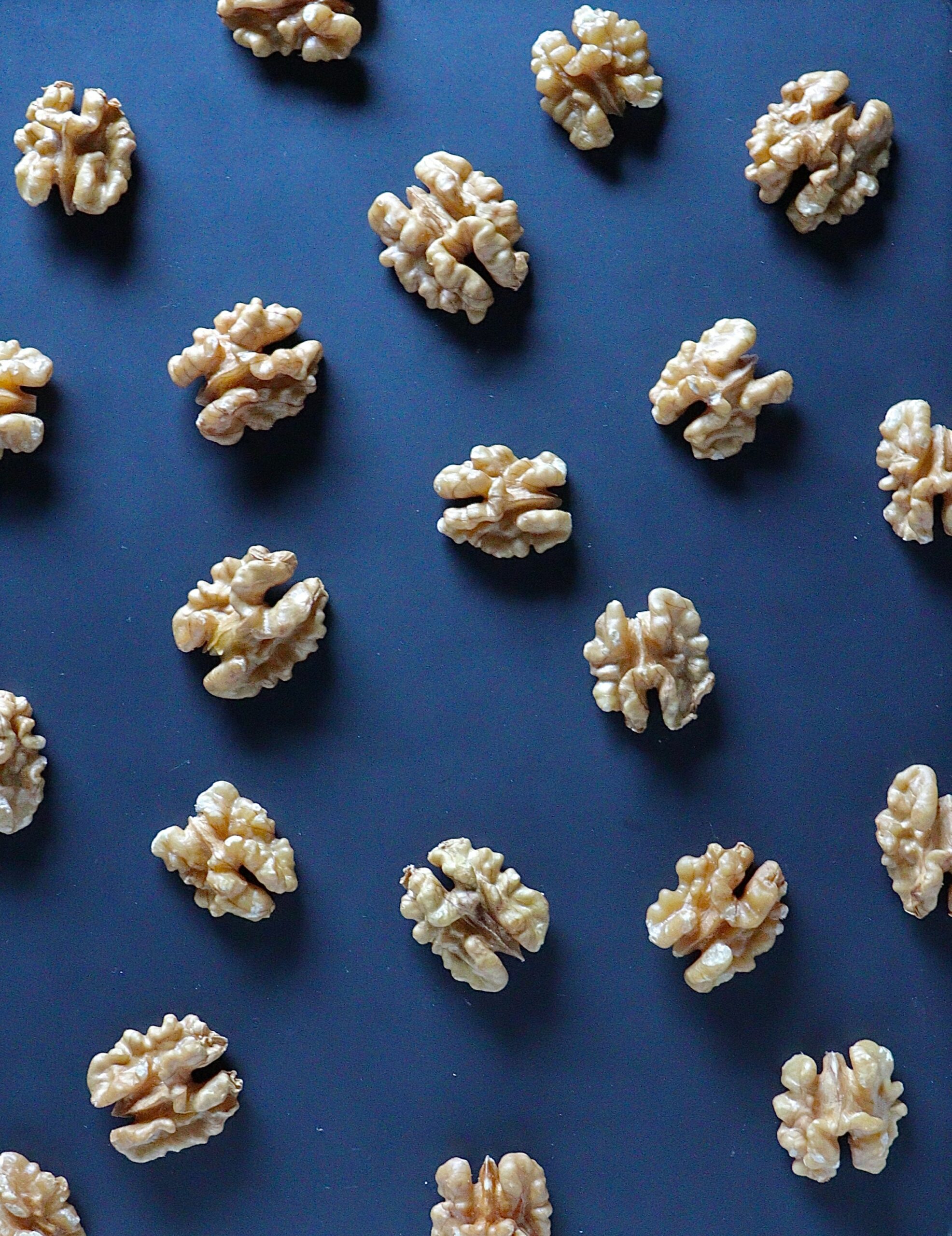Written by Regina Gee of Wellspring Coaching
Using Your Brain to Support Your Gut
In our recent nutrition article, we discussed the Enteric Nervous System (ENS) and how to support your gut to support your brain. In this article, we discuss how you can use your brain to support your gut; the combination of these two articles gives you a solid foundation to support both directions of your gut brain axis. The biggest takeaway: calming your brain leads to better digestion; the question is what techniques work best for you.
How Your Brain Impacts Your Gut
Thanks to the Vagus Nerve (VN), our brain and gut have an extensive neurologic connection. While this relationship is 80% information going from the gut to the brain, 20% runs in the direction of the brain to the gut, meaning there is a level of cognitive control and input in the processes of our digestive system. Specifically, stress has a huge impact on the gut (both through the deactivation of the VN and through the activation of the HPA axis, which floods the body with cortisol). When we are stressed (or our brain perceives that a stress response is needed) the sympathetic system in activated – fight, flight, or freeze. When this happens, the parasympathetic (rest and digest) is turned off. Another way to think about it is if you are in survival mode, digestion is not on the list of your priorities to stay alive. If you want to learn more about the Autonomic Nervous System, read more in our article Helping Your Parasympathetic Nervous System.
As long as your body is experiencing a stress response or stuck in sympathetic tone, your digestion suffers in multiple ways such as: less blood in the gut, less nutrient absorption, weight gain, and digestional distress (bloating, gas, acid reflux). Keep reading to learn how you can calm your brain to support your digestion.
Mindful Eating vs Mindless Eating
“For the most part, we eat with great automaticity and little insight into its critical importance for us in sustaining life and also in sustaining health.” Jon Kabat Zinn
One way to frame the question of how your brain can support your digestion is the concept of mindful eating. By paying attention to how specific foods impact your body, we open yet another door to understanding ourselves and what habits support us and which ones harm us.
“Most of us think about digestion only when it’s indigestion — bloating, gas, heartburn, constipation, and all the other unpleasant symptoms that quickly direct our attention to our digestive tract.” Halé Sofia Schatz
Mindful eating can be both a mindset and a specific practice. As a mindset, it means giving intention to the foods you eat, why you eat them, where you eat, and how you eat. It means paying attention to our food and digestion even when it isn’t indigestion or just a problem to be solved. As a specific practice, mindful eating looks like: listening to your body and not eating past full, eating only when you are hungry, eating nutritionally healthy foods, eating without distractions/multitasking, and considering where your food comes from. Meal planning and prepping are also good practices to bring intention to your eating.
In Mindfulness Based Stress Reduction courses, one of the first exercises they teach is how to mindfully eat a raisin. This exercise involves eating just one raisin, but doing it slowly and noticing everything about the experience: how it tastes, how it feels on your tongue, the shape of it, the smell of it. The hope is you learn to appreciate your food. Ideally, you then bring this level of attention to everything you eat, and in so doing learn to slow down your habits and be aware of how what you eat impacts your body and mind. Cultivating more mindful eating habits and changing mindless eating habits is one way to calm your mind and use your brain to support your gut. If you are interested in learning more about MBSR and mindful eating support, you can find coaches here: https://www.thecenterformindfuleating.org/
Managing Stress & Promoting Relaxation
Everyone who has experienced a “pit in your stomach” or your “stomach being tied in knots” knows firsthand that stress, both acute and chronic, has a massive effect on our guts and digestion. Fortunately for us, this coin has two sides: while stress negatively impacts digestion, relaxation promotes it. This means that activities you do to promote relaxation support your parasympathetic functions, specifically digestion. Some specific techniques you can do to manage stress and encourage relief include:
- Move – yoga, walking, dancing, and any form of moderate exercise helps relieve tension and promote blood flow.
- Practice Relaxing – find a technique that helps you relax and keep doing it! Some examples include: meditation, Tai Chi, Deep Breathing, Forest Bathing, or Journaling.
- Practice Gratitude – whether this looks like saying grace before a meal or being thankful for the nutrients you are about to receive; a gratitude practice has been proven to help calm your mind and get you into your body.
- Focus on Pleasure – when you focus on feeling good, you engage your senses. Feeling pleasure increases oxygenation and blood flow and decreases cortisol.
Finding greater ease in your life and habits is gradual, a practice you will need to return to again and again. If you become frustrated in the process, remember that good and grounded things take time. Be gentle with things that frustrate you. Be gentle with you.
gen·tle | adjective (gentler, gentlest) 1 having or showing a mild, kind, or tender temperament or character 2 moderate in action, effect, or degree; not harsh or severe
More Resources & References:
https://experiencelife.lifetime.life/article/13-ways-to-calm-your-mind-and-boost-digestion/
https://www.apa.org/research/action/speaking-of-psychology/mind-gut-connection




